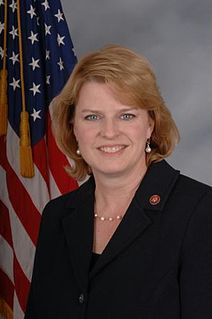A Quote by Alice Rivlin
The federal budget deficit is the biggest single impediment to revitalizing the American economy.
Quote Topics
Related Quotes
Our practical choice is not between a tax-cut deficit and a budgetary surplus. It is between two kinds of deficits: a chronic deficit of inertia, as the unwanted result of inadequate revenues and a restricted economy; or a temporary deficit of transition, resulting from a tax cut designed to boost the economy, increase tax revenues, and achieve -- and I believe this can be done -- a budget surplus. The first type of deficit is a sign of waste and weakness; the second reflects an investment in the future.
One of the issues that we professional newspaper columnists are required by union regulations to voice grave concern about is the federal budget deficit, which we refer to as the "mounting" deficit, because every extra word helps when you have to produce a certain number of gravely concerned newsprint inches.
Some people worry about our federal deficit, but I, I worry about our bravery deficit. Our economy, our society - we're just losing out because we're not raising our girls to be brave. The bravery deficit is why women are underrepresented in STEM, in C-suites, in boardrooms, in Congress, and pretty much everywhere you look.
Democrats in Washington predicted that tax cuts would not create jobs, would not increase wages, and would cause the federal deficit to explode. Well, the facts are in. The tax cuts have led to a strong economy. Real wages were on the rise, and deficit has been cut in half three years ahead of schedule.




































